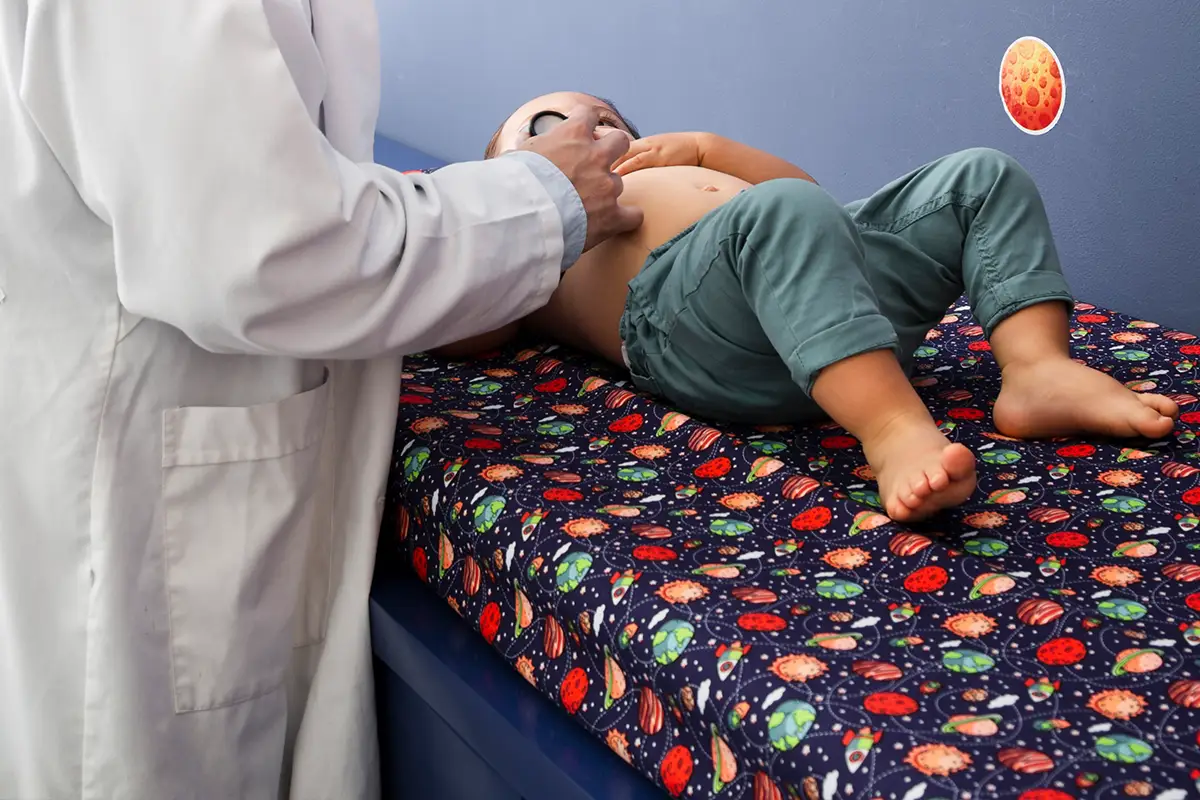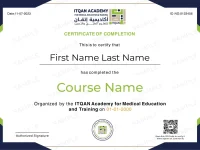
Practical Management of Fractures (Paediatrics)
- Duration:
- Certificate:
Course Overview
This course is designed for healthcare professionals in emergency settings and aims to enhance their skills in managing paediatric patients presenting with fractures. This curriculum extends beyond the foundational teachings of the Advanced Trauma Life Support (ATLS) course to include an expansive coverage of bony injuries and practical, evidence-based management strategies for these injuries and their potential complications.
The instructional content of this course is crafted to be immediately translatable to clinical settings, ensuring that participants can apply the acquired skills in real-world emergency settings scenarios to benefits both healthcare professionals and their patients.
Learning Objectives
By successful completion of this program, you will be able to:
Assessment Of Paediatric Injured Patient:
- Accurately assess injured adult patients, ensuring thorough and precise evaluations.
Fracture Pattern Analysis:
- Understand and articulate various fracture patterns accurately.
Radiological Imaging Principles and techniques:
- Identify and explain the core principles underlying radiological imaging.
- Apply specific techniques to enhance the detection of subtle radiological findings.
Management of Extremities Injuries:
- Describe common injuries to the extremities and demonstrate appropriate management strategies.
- Comprehend and apply the rationale for standard care and management based on the best current evidence.
- Deliver standard care and management for patients presenting with fractures in emergency settings.
Pain Control Methods in Emergency Medicine:
- List and apply various methods of pain control in the emergency department, including oral, local, and regional analgesia.
Local Anaesthesia Toxicity:
- Understand and manage the toxic effects associated with local anaesthesia effectively.
Procedural Sedation Techniques and Safety Measures
- List and utilise different procedural sedation techniques, adapting them to various clinical circumstances.
- Implement essential safety measures, including the use of procedural sedation checklists.
Casting and Immobilization Techniques:
- List and understand various casting and immobilisation techniques used in fracture management.
- Choose the correct type of cast to stabilise different fracture types effectively.
- Describe the appropriate application of casts for managing all types of common extremities fractures.
- Provide patients with detailed instructions on cast care.
Crush Injury Management:
- Identify and manage aspects of crush injuries effectively.
Differentiating Arthritic Conditions:
- Implement clinical and diagnostic measures to distinguish between infective and inflammatory arthritis.
Prevention and Management of Fracture Complications:
- Identify and implement strategies to prevent and manage common complications associated with fractures, including compartment syndrome, Volkmann ischemic contracture, pulmonary embolism, fat embolism, and bone healing complications.
Who Should Attend This Course
Junior and middle grade Doctors, Nurses, Paramedics and Advanced Clinical Practitioners working in emergency setting.
Course Format
- Precourse material
- Interactive lectures
- virtual Practical sessions
- Quizzes
- MCQ
How Can I Get a Completion Certificate

Attend
Attend all the training sessions.

Pass
Pass the required assessments. (Score more than 35/40)

Feedback
FAQ
What is the primary focus of this course?
This course focuses on evidence-based, best practices for managing extremity fractures and injuries in children within the emergency department. It covers effective assessment, pain management, and follow-up care.
Who is this course designed for?
The course is ideal for junior doctors, middle-grade doctors, physician assistants, advanced clinical practitioners, and medical students looking to enhance their knowledge of pediatric fracture management.
Are there any prerequisites for this course?
No specific prerequisites are required, but a basic understanding of emergency medicine and pediatric care is beneficial.
Is this course accredited, and will I receive a certificate?
Yes, upon successful completion of the course and any assessments, you will receive a certificate of completion.
Learner Reviews




Case Studies